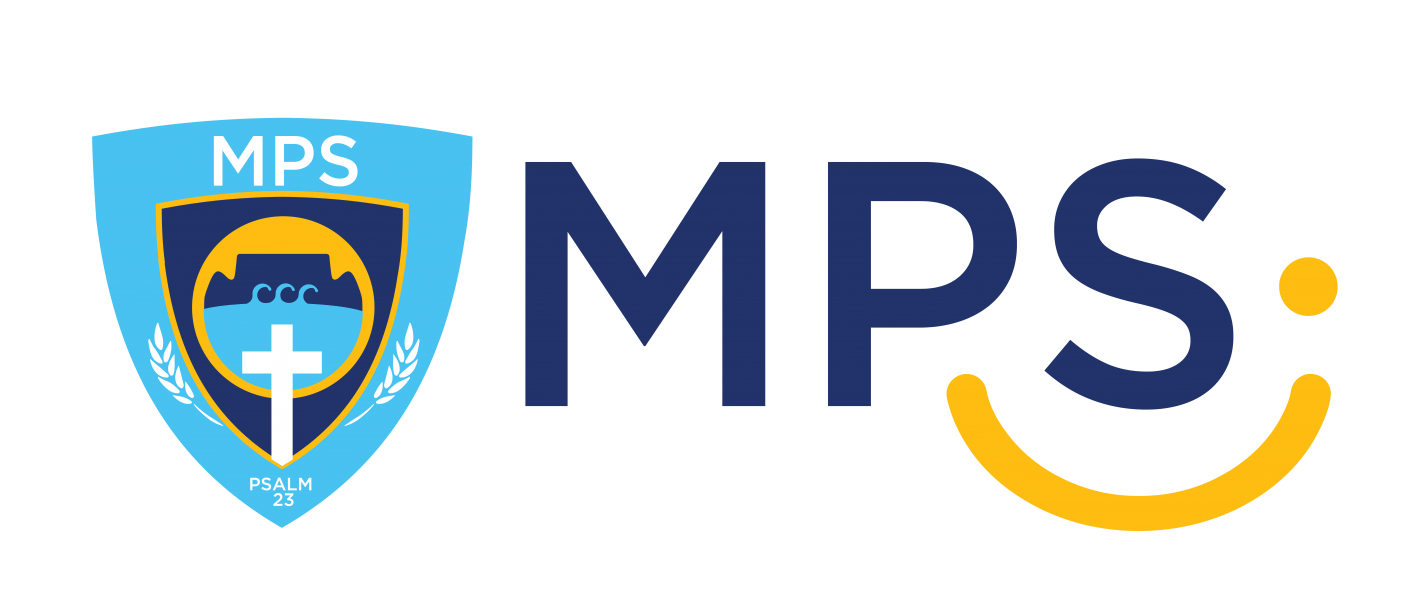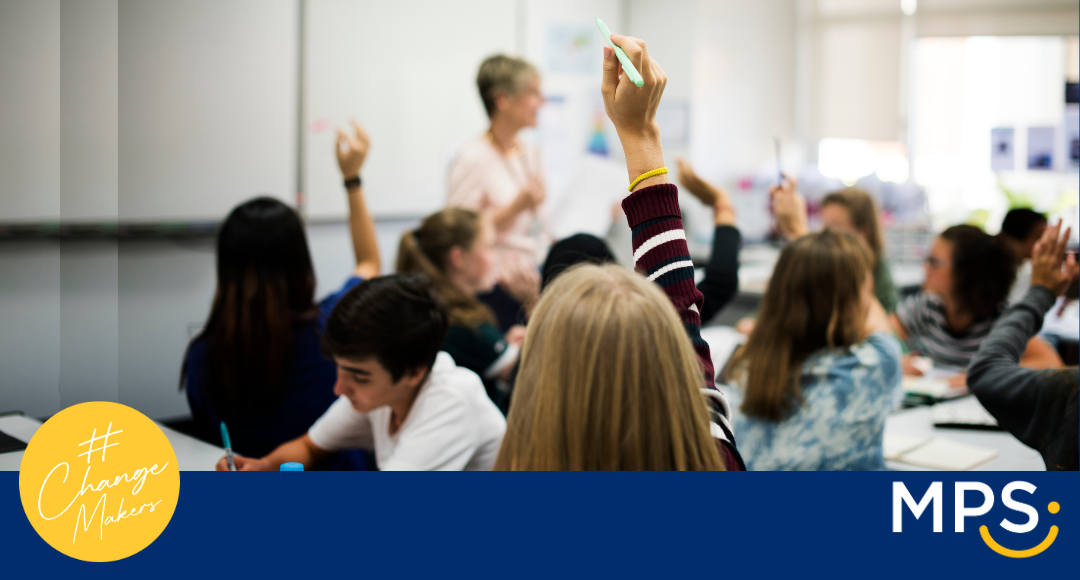The Basic Education Laws Amendment (BELA) Act has sparked considerable discussion and controversy within the education community and the general public in South Africa. This legislation, aimed at addressing various aspects of the educational system, has far-reaching implications for both public and private schools. In this article, we will explore what the BELA Act means for schooling in general and specifically for Melkbosstrand Private School (MPS).
Understanding the BELA Act
The BELA Act seeks to amend the South African Schools Act and the Employment of Educators Act with primary objectives that include improving educational access and quality, ensuring effective school governance, and promoting accountability and transparency within the education sector.
In a nutshell – key provisions of the BELA Act include:
- School Admission Policies: The Act mandates a more uniform and centralised approach to school admissions, aimed at preventing discrimination and ensuring equal access for all learners.
- Language Policies: It emphasises the promotion of multilingualism and the inclusion of indigenous languages, ensuring that language is not a barrier to education.
- School Governance: The Act proposes changes to the composition and functions of school governing bodies (SGBs), aiming to enhance governance and accountability.
- Teacher Employment: The BELA Act includes provisions to streamline the hiring process for educators, ensuring that qualified teachers are employed efficiently.
Controversies Surrounding the BELA Act
Despite its noble intentions, the BELA Act has not been without controversy. Several aspects of the Act have drawn criticism and concern from various stakeholders.
Critics argue that centralised admission policies could undermine the autonomy of individual schools to make decisions best suited to their specific contexts. Some fear this could lead to a one-size-fits-all approach that doesn’t account for the unique needs of different communities.
In terms of language inclusivity, while promoting multilingualism is generally seen as positive, some stakeholders worry about the practical implementation of these policies. Concerns have been raised about the availability of resources, such as qualified teachers and materials in indigenous languages, which are necessary to support this initiative.
When it comes to governance and accountability, changes to SGBs have been met with resistance from those who feel that these bodies, which traditionally include parents and community members, may lose some of their influence and ability to represent local interests effectively.
Teacher employment is another bone of contention as although streamlining the hiring process for educators is seen as necessary, there are fears that this could lead to compromises in the rigorous vetting of teacher qualifications and suitability.
Implications for Schooling in General
The BELA Act’s impact on schooling is multifaceted:
- Equal Access: By standardising admission policies, the Act aims to create a more equitable education system where all learners, regardless of background, have the opportunity to attend quality schools.
- Language Inclusivity: Promoting multilingualism and indigenous languages helps preserve cultural heritage and fosters an inclusive learning environment.
- Improved Governance: Strengthening SGBs and enhancing their roles can lead to better-managed schools, contributing to overall educational improvement.
- Teacher Quality: Streamlining the employment process for educators ensures that schools are staffed with qualified and capable teachers, directly impacting the quality of education.
What the BELA Act Means for Melkbosstrand Private School
At Melkbosstrand Private School, we are committed to providing an optimal environment for growth, grounded in our core pillars of Christian Values, Academic Excellence, Individual Attention which all add to our focus on raising #Changemakers as opposed to merely churning out graduates each year. The BELA Act presents both opportunities and challenges for MPS.
- Admissions and Inclusivity: MPS practices inclusive admission policies and the BELA Act reinforces our commitment to providing equal opportunities for all learners. We welcome the emphasis on non-discrimination and do not foresee any challenges integrating any new guidelines into our existing frameworks.
- Language Policies: Our school values the importance of language in education and communication. The BELA Act’s focus on multilingualism aligns with our goal to nurture well-rounded individuals. We are exploring ways to incorporate more language offerings and support for indigenous languages in our curriculum.
- Governance and Accountability: MPS prides itself on its strong governance structure. The BELA Act’s provisions for enhancing SGBs will further strengthen our governance practices, ensuring that we remain accountable to our stakeholders and continue to provide high-quality education.
- Teacher Employment: The Act’s emphasis on efficient hiring processes for educators resonates with our dedication to academic excellence and ensuring that our learners benefit from the best possible teaching staff.
The BELA Act represents a significant step towards improving the educational landscape in South Africa, but it is not without its controversies and challenges. At Melkbosstrand Private School, we view these changes with optimism, exactly as we expect our #Changemakers to view challenges. We see them as opportunities to enhance our commitment to providing a nurturing and academically excellent environment for our learners. As we adapt to the new regulations, we remain steadfast in our mission to develop young people who embody Christian Values and are prepared to excel in an ever-evolving world.
Enrolments at MPS are open all year round, and we have space available for new learners in all grades. Join us as we continue to strive for educational excellence and make a positive impact on our community. For more information about our school and enrolment process, please contact us or visit our website. Together, let’s shape a brighter future for our children!


Recent Comments